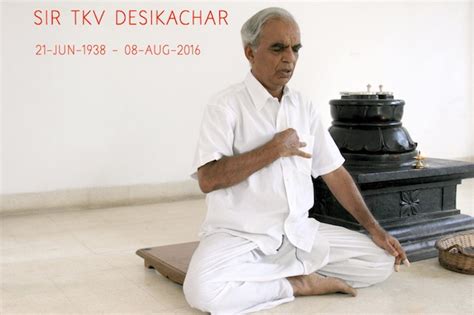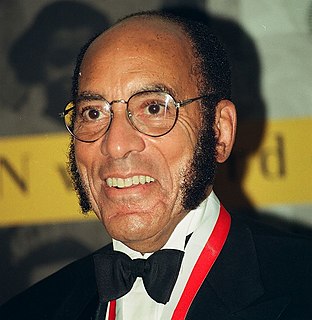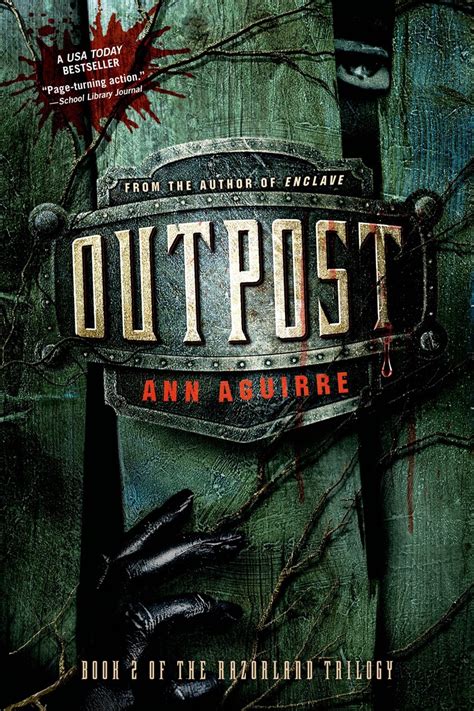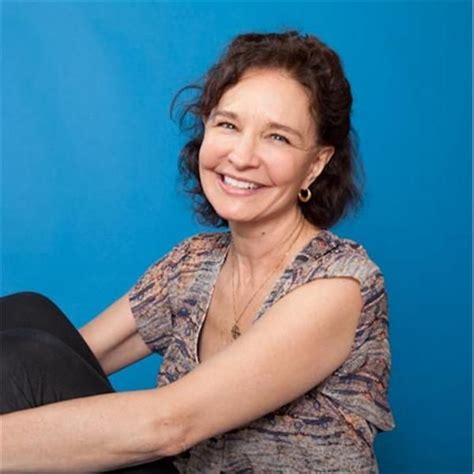A Quote by T. K. V. Desikachar
There are two types of teachers. Those who tell you what you want to hear and those who tell you what you don't want to hear.
Related Quotes
I have no patience with people who want to tell me what's wrong. I only want to hear from the person who first tells me the solution and then fills me in on the problem. I don't want to hear that your basement is flooded. I want to hear that you've found the number to the cleanup company. Then tell me why you're calling them.
There's a perception that if an artist produces another artist, they're going to imprint on them. But I'm the opposite. I want to hear that artist; I don't want to hear me - that's the last thing I want to hear. There are a lot of technical studio things I've learned or figured out, and I feel like I could use those things to help other people with what they're doing.
One of the rules of the road is that if you want to create the sense of silence, it frequently has more pungency if you include the tiniest of sounds. By manipulating what you hear and how you hear it and what other things you don't hear, you can not only help tell the story, you can help the audience get into the mind of the character.































